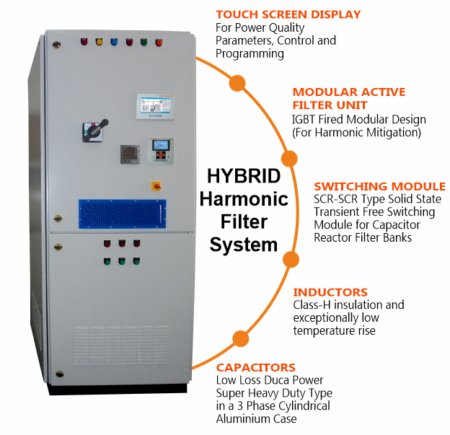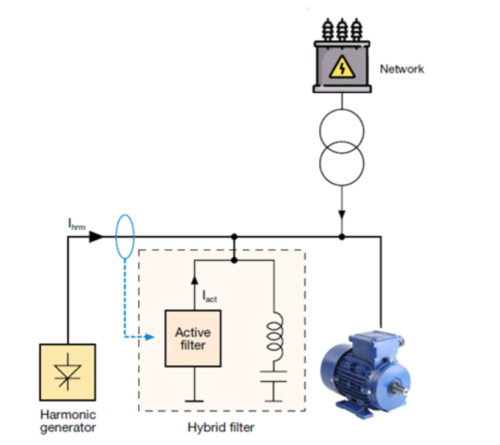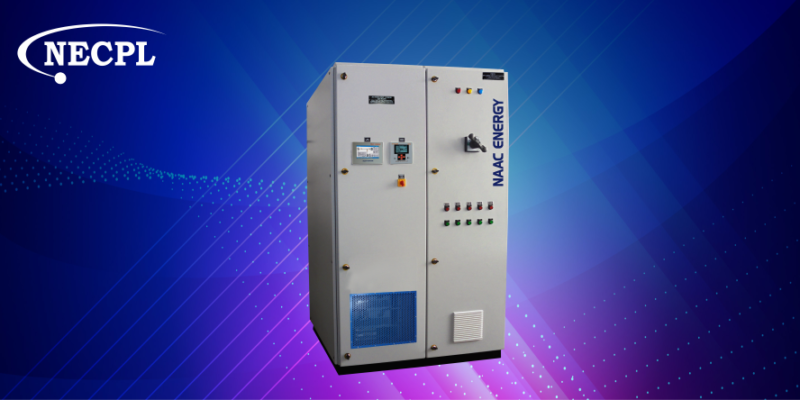Introduction to Hybrid Harmonic Filters
In the dynamic landscape of electrical power systems, the management of harmonics has become a critical concern. Harmonics, which are unwanted frequencies or distortions in the voltage or current waveforms, can lead to a range of issues, including increased losses, reduced efficiency, and potential damage to sensitive equipment.
What are Harmonic Filters?
Harmonic filters are devices designed to mitigate and control harmonic distortions in power systems. These filters are essential in maintaining the quality and reliability of electrical power by suppressing unwanted harmonics. Traditional harmonic filters come in various types, such as passive filters, active filters, and tuned filters, each catering to specific harmonic issues.
Concept of Hybrid Harmonic Filters
Hybrid harmonic filters represent a sophisticated and advanced solution that combines the strengths of both passive and active Harmonic Filtration technologies. This hybrid approach allows for a more comprehensive and flexible harmonic mitigation.

In a hybrid harmonic filter, passive elements, such as capacitors and inductors, work alongside active components like IGBT based active harmonic filter. The passive elements are adept at handling lower-order harmonics, while the active components provide dynamic and precise control over a broader range of harmonic frequencies. This synergy results in an efficient and adaptive Harmonic Filtration system.
Importance of Hybrid Harmonic Filters
The significance of hybrid harmonic filters in power systems lies in their ability to offer a balanced and effective response to a wide spectrum of harmonics. Here are key aspects of their significance:
Broad Harmonic Coverage: Hybrid filters can address a broader range of harmonics compared to traditional filters, ensuring a more comprehensive solution to harmonic issues.
Dynamic Compensation: The active components in hybrid filters enable real-time monitoring and adjustment, allowing for dynamic compensation as the harmonic profile of the system changes.
Improved Efficiency: By combining the strengths of passive and active Harmonic Filtration, hybrid filters enhance the overall efficiency of the harmonic mitigation process, reducing losses and optimizing power quality.
Flexibility and Adaptability: Hybrid filters can be tailored to suit the specific harmonic challenges of a particular power system. This adaptability makes them suitable for diverse industrial and commercial applications.
Optimized Solution: Hybrid Harmonic filters have a more optimized setup composed to installing standalone active and Passive Harmonic Filtration.
Addressing Major Challenges of Harmonic Filtration Using Hybrid Solutions
Variable Load Conditions
Challenge: Harmonic currents can vary based on load conditions, making it challenging to maintain consistent filtering performance.
Hybrid Solution: A combination of passive and active filtering components in Hybrid Harmonic Filter allows for adaptability. Passive filters address steady-state harmonics, while active filters dynamically respond to changing load conditions, ensuring comprehensive harmonic mitigation.
Selective Harmonic Compensation
Challenge: Traditional filtering methods struggle to selectively compensate for specific harmonics, leading to incomplete mitigation.
Hybrid Solution: Hybrid solutions integrate advanced control algorithms. These algorithms enable precise identification and targeted compensation of specific harmonics, ensuring a more efficient and tailored approach to harmonic elimination.
Adaptability to Dynamic Networks
Challenge: Traditional filtering solutions might struggle to adapt to dynamic and evolving power system configurations.
Hybrid Solution: Hybrid solutions are inherently more adaptable. They can be configured to accommodate changes in the network structure, making them suitable for applications where power system dynamics are subject to frequent alterations.
Reliability and Equipment Downtime
Challenge: Equipment failure due to Harmonics.
Hybrid Solution: Hybrid Harmonic Filters Activity eliminate harmonics in the network which increases the equipment life span and reduces downtime therefore improving the productivity.
Applications of Hybrid Harmonic Filters Various Industries and Applications

Manufacturing: Addressing harmonics in manufacturing facilities to ensure the reliability of production equipment.
Renewable Energy: Harmonic control in renewable energy systems to maintain grid compatibility.
Data Centers: Mitigating harmonics in sensitive electronic environments to prevent disruptions.
Commercial Buildings: Ensuring power quality in office spaces to protect sensitive electronic devices.
Conclusion
Hybrid harmonic filters represent a cutting-edge solution in the field of power quality management. Their ability to harmoniously integrate passive and active filtering technologies makes them a valuable asset for industries striving to enhance the reliability and efficiency of their power systems.



